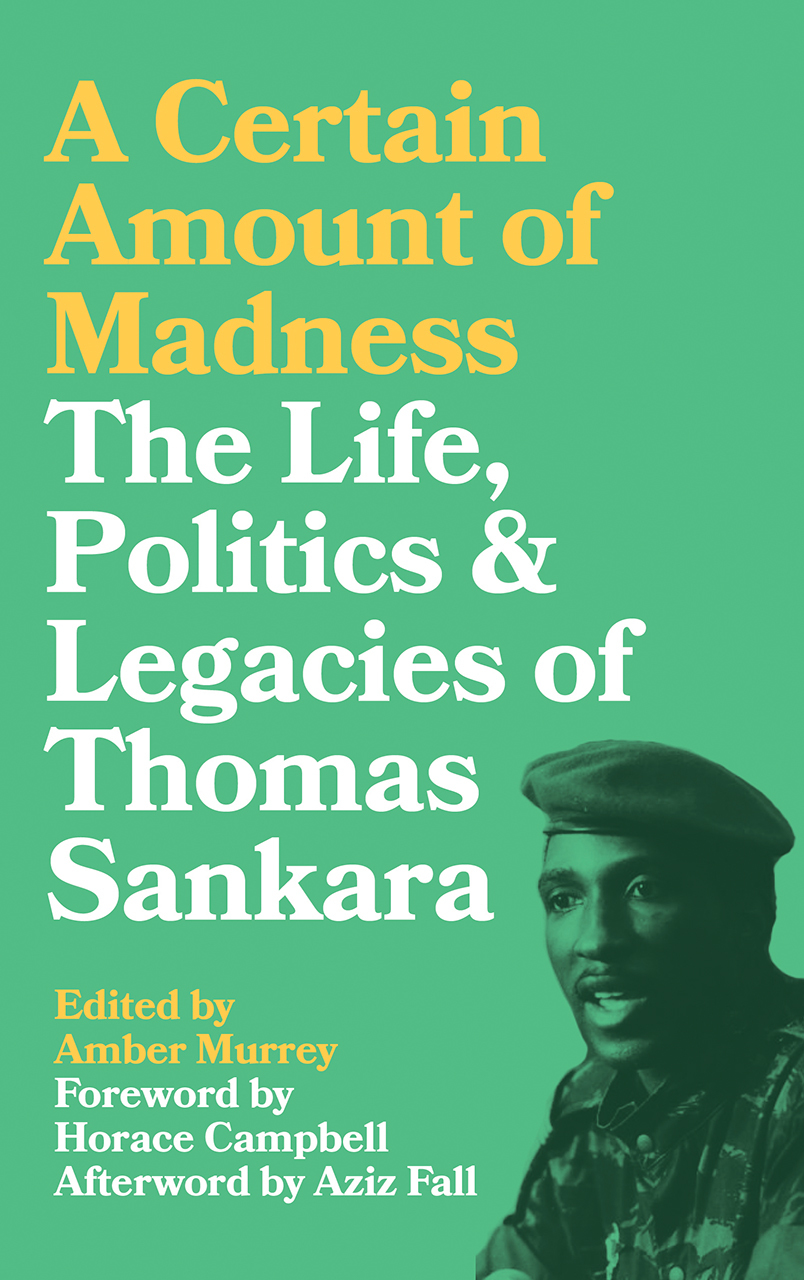What do you think?
Rate this book


384 pages, Hardcover
Published July 15, 2018
I would like to leave behind me the conviction that if we maintain a certain amount of caution and organisation we deserve victory... you cannot carry out fundamental change without a certain amount of madness. In this case it comes from nonconformity, the courage to turn your back on the old formulas, the courage to invent the future. It took the madmen of yesterday for us to be able to act with extreme clarity today. I want to be one of those madmen... we must dare to invent the future"